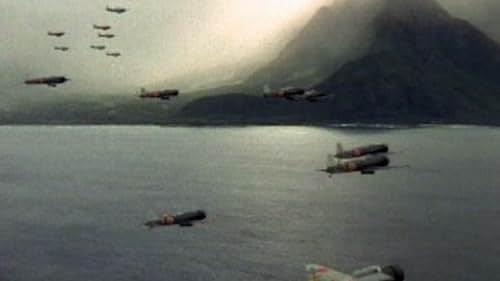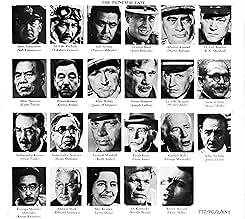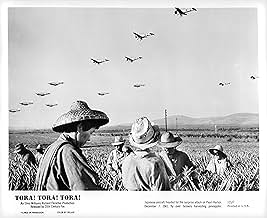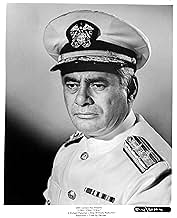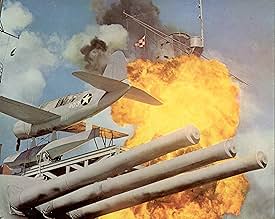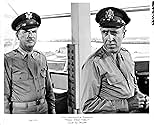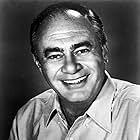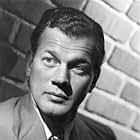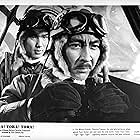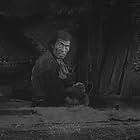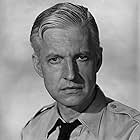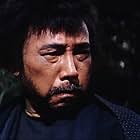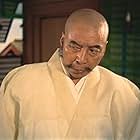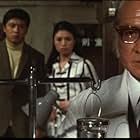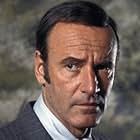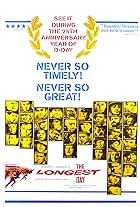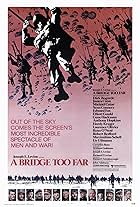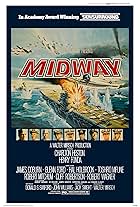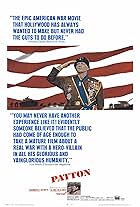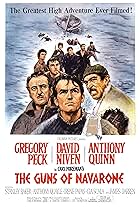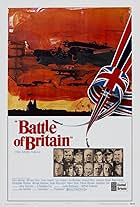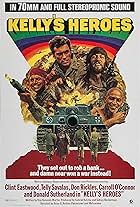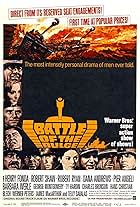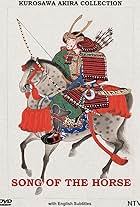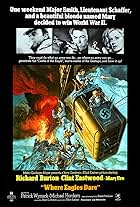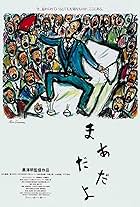The story of the 1941 Japanese air raid on Pearl Harbor, and the series of preceding American blunders that aggravated its effectiveness.The story of the 1941 Japanese air raid on Pearl Harbor, and the series of preceding American blunders that aggravated its effectiveness.The story of the 1941 Japanese air raid on Pearl Harbor, and the series of preceding American blunders that aggravated its effectiveness.
- Won 1 Oscar
- 2 wins & 7 nominations total
- Admiral Chuici Nagumo
- (as Eijiro Tono)
Storyline
Did you know
- TriviaThe previous war epic by Darryl F. Zanuck, The Longest Day (1962) was an extreme success. As stated by his son, producer Richard D. Zanuck, this was because it was about victory. He noted in contrast that Tora! Tora! Tora! is about defeat. Although the film made a great deal of money, it did nowhere near as well as The Longest Day. In Japan, however, the film was a smash. For the Japanese audience, it not only depicted a battle victory (after twenty-five years of films depicting defeat) but it also put the attack on more understandable footing; identifying not only the villains but also the motivation of those who believed that their actions were honorable.
- GoofsAs the bombers fly toward Pearl Harbor, they pass over the white cross at Scofield Barracks (Kolekole Pass) that was erected in memory of the people killed in the raid.
- Quotes
[last lines]
Admiral Isoroku Yamamoto: I had intended to deal a fatal blow to the American fleet by attacking Pearl Harbor immediately after Japan's official declaration of war. But according to the American radio, Pearl Harbor was attacked 55 minutes before our ultimatum was delivered in Washington. I can't imagine anything that would infuriate the Americans more. II fear all we have done is to awaken a sleeping giant and fill him with a terrible resolve.
- Crazy creditsFor the U.S. version of the film, the next to last of the main credits reads "Japanese Sequences Directed by Toshio Masuda Kinji Fukasaku" and the last credit reads, "Directed by Richard Fleischer." For the Japanese version of the film, the next to last credit reads, "American Sequences Directed by Richard Fleischer" and the final credit reads, "Directed by Toshio Masuda Kinji Fukasaku."
- Alternate versionsThe original release included a line by Admiral Halsey (James Whitmore) saying that after the war, Japanese will only be spoken in Hell. This line is removed from later releases.
- ConnectionsEdited into Midway (1976)
Whether you want to waste time seeing Brucheimer and Bay's self-indulgently long PEARL HARBOR with its totally extraneous fictional romance -- that's up to you. But whether you see it or not, the real history of the human stupidity on both sides of the Pacific that created the attack is clearly portrayed in TORA! TORA! TORA!
The new DVD edition has insightful commentary by the director plus a documentary about the attack. This film is tensely paced and displays and excellent cast. The Jerry Goldsmith score is kept to a minimum but is very effective. The special FX for the attack are all the more impressive considering they were done before the advent of computer generated FX such as those in PEARL HARBOR -- and they equal those of PEARL HARBOR.
If you want to know the real story, see this film and then also check out the companion stories in FROM HERE TO ETERNITY, DESTINATION TOKYO, and THIRTY SECONDS OVER TOKYO.
Details
- Release date
- Countries of origin
- Languages
- Also known as
- Die Schlacht, die die Welt in Brand setzte
- Filming locations
- Production companies
- See more company credits at IMDbPro
Box office
- Budget
- $25,000,000 (estimated)
- Runtime2 hours 24 minutes
- Color
- Aspect ratio
- 2.35 : 1
Contribute to this page


